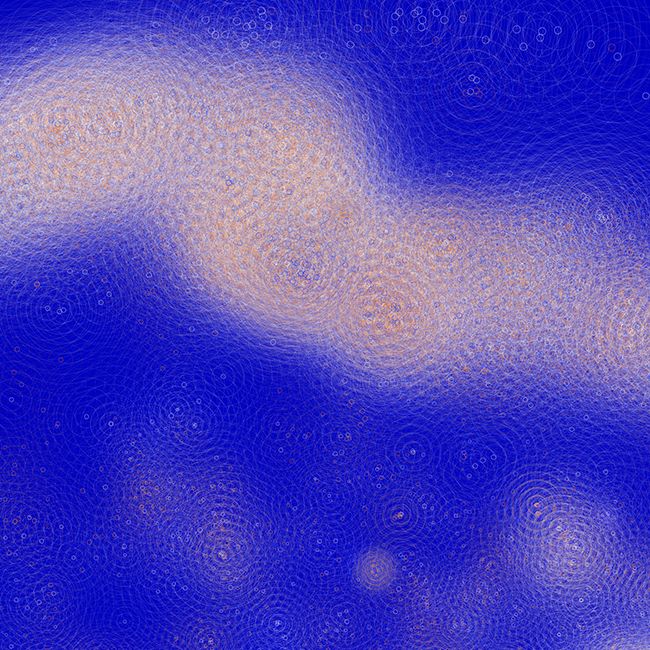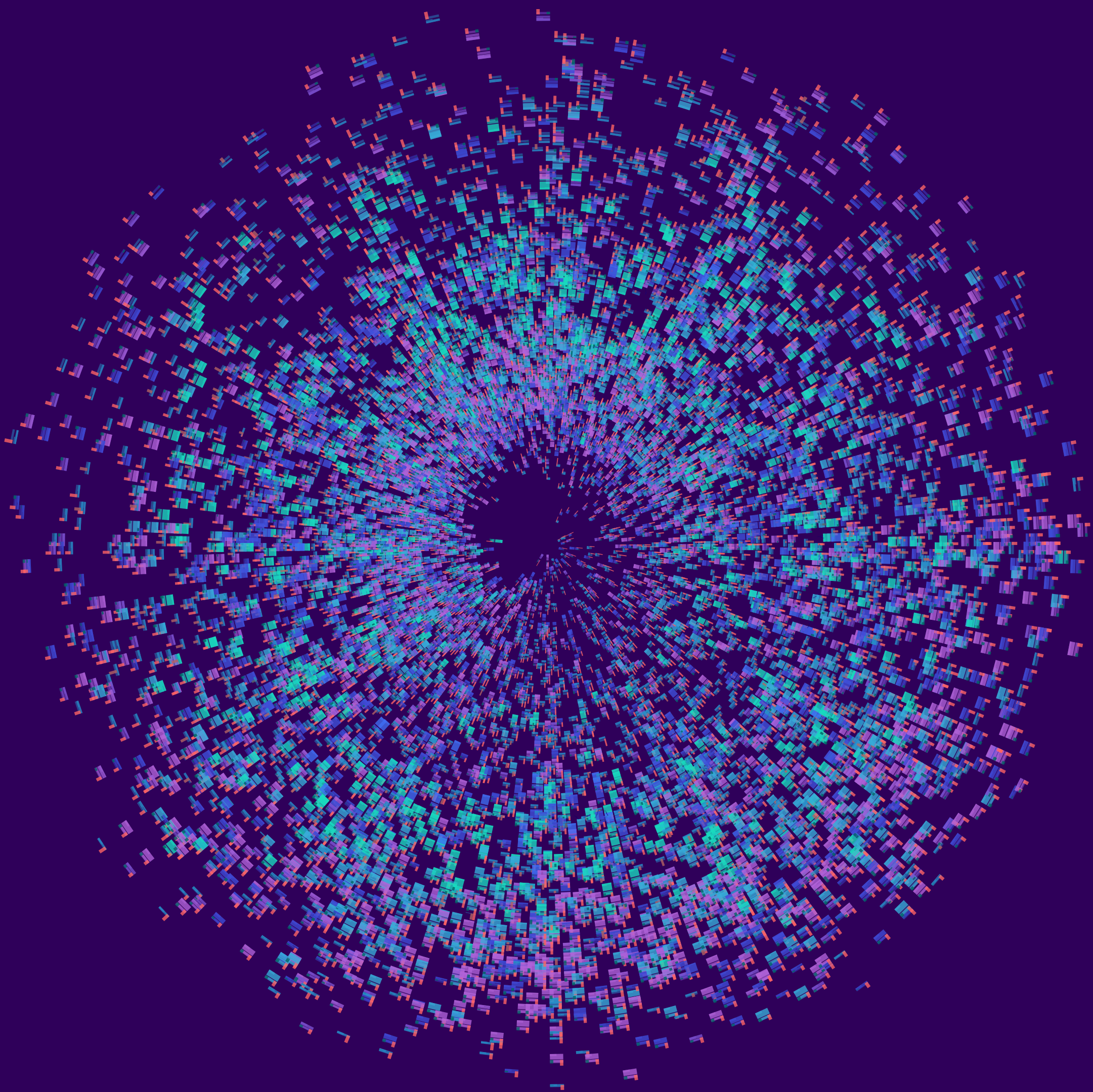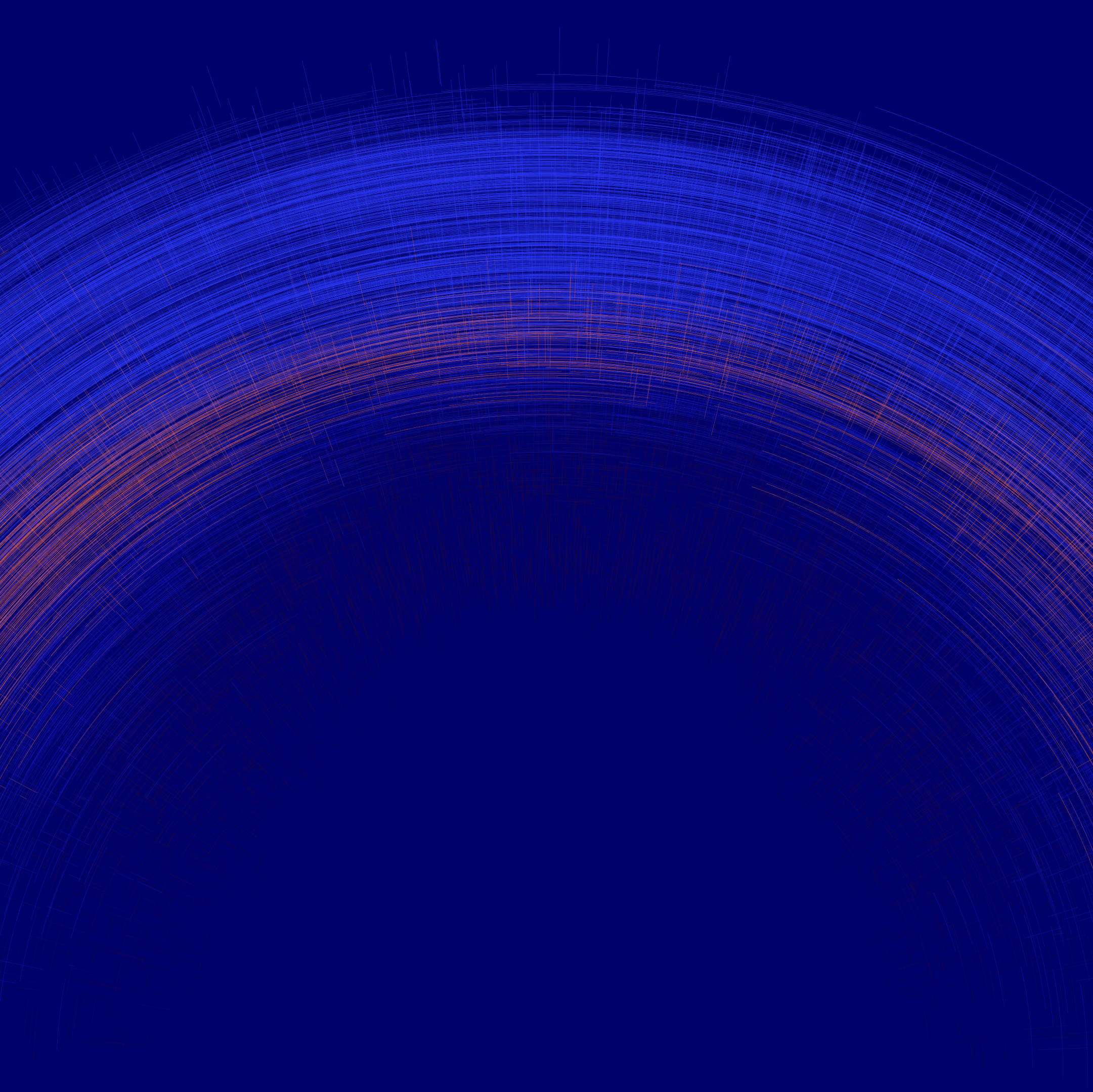The partners of MUDS are committed to jointly move towards data-enhanced science, combining methods development in data science with the application domains: biomedicine, plasma physics, earth observation, and robotics.

Biomedicine
Biomedicine
With the availability of exponentially increasing datasets across molecules, samples and/or patients, the field is in strong need for better data mining and machine learning-based analytics. Applications include image classification or visualization and analysis of genomics data sets.

Plasma physics
Plasma physics
We develop predictive computational models for self-heated ("burning") plasmas, such as in large, expensive experimental devices like ITER, by systematic use of uncertainty quantification and model-order reduction, machine learning and deep learning, Bayesian approaches and integrated data analysis.

Earth observation
Earth observation
Big data analytics and knowledge discovery methods are urgently required to turn data from applications such as land cover/land use classification, 3D reconstruction, atmospheric trace gas retrieval, fusion of satellite and geo-relevant internet data, e.g. from social networks, into scientific knowledge and to value for society.

Robotics
Robotics
The combination of robotics and AI is having an increasing societal and economic impact. Data-driven approaches are essential to complement analytical models to enable robotic systems to deal with uncertainty, discover new skills autonomously, to monitor their health and optimize their behavior over time.
Data science is the methodology linking these application areas. While the detailed scientific approaches are different across the four application domains, they share the feature that they all lie between the extremes of purely data-driven versus model-driven approaches. Within MUDS, we aim at exploring novel ways to connect these two poles, thus enabling novel approaches and results.




